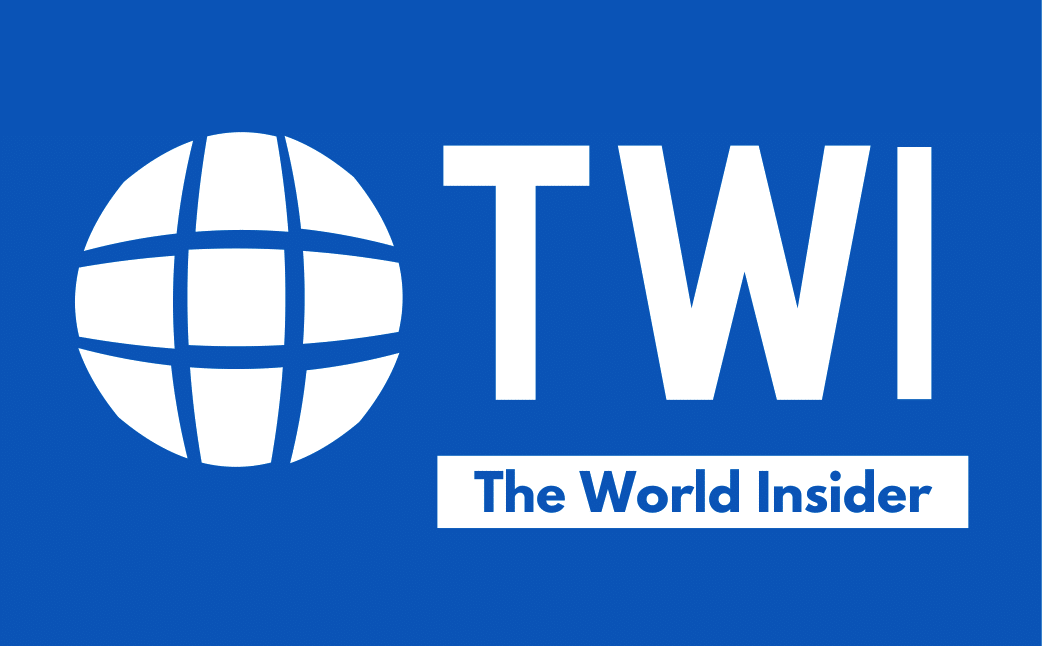Iran’s defense ministry said Sunday it has carried out a second test launch of a satellite carrier, ahead of the resumption of nuclear talks possibly in Qatar.
“The second launch of the Zoljanah satellite carrier has taken place in order to achieve the predetermined research objectives,” said Ahmad Hosseini, spokesman for the ministry’s space division.
The 25.5 metre-long rocket, named Zuljanah, is capable of carrying a satellite of 220 kilograms that would gather data in low-Earth orbit and promote the country’s space industry, Iranian media said.
Iran’s state media aired dramatic footage of the blastoff against the backdrop of heightened tensions over Tehran’s nuclear program.
The launch comes just a day after Iran and the European Union agreed to resume 2015 nuclear talks – Joint Comprehensive Plan of Action (JCPOA) – with the United States that have stalled since March. EU’s foreign policy chief, Josep Borrell, met Iranian officials in Tehran to resume negotiations within days over the nuclear deal, which placed limits on Iran’s nuclear program in exchange for the lifting of sanctions.
The White House said it was aware of Iran’s announcement and criticized the move as “unhelpful and destabilizing.” It said it was committed to using sanctions and other measures to prevent further advances in Iran’s ballistic missile program.
Iran did not reveal the launch site but satellite photos earlier this month showed preparations being made at the Imam Khomeini Spaceport in the northern Semnan province.
“Iran has consistently chosen to escalate tensions. It is Iran that has consistently chosen to take provocative actions,” State Department spokesman Ned Price had said when asked about the preparations of the launch.
A Pentagon spokesman, U.S. Army Maj. Rob Lodewick, said the American military “will continue to closely monitor Iran’s pursuit of viable space launch technology and how it may relate to advancements in its overall ballistic missile program.”
“Iranian aggression, to include the demonstrated threat posed by its various missile programs, continues to be a top concern for our forces in the region,” Lodewick said.





